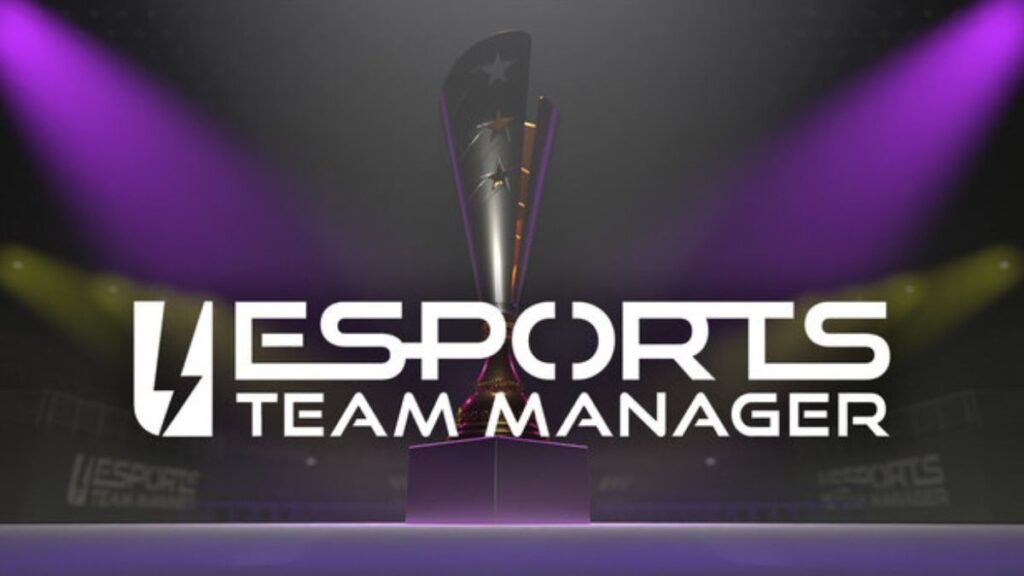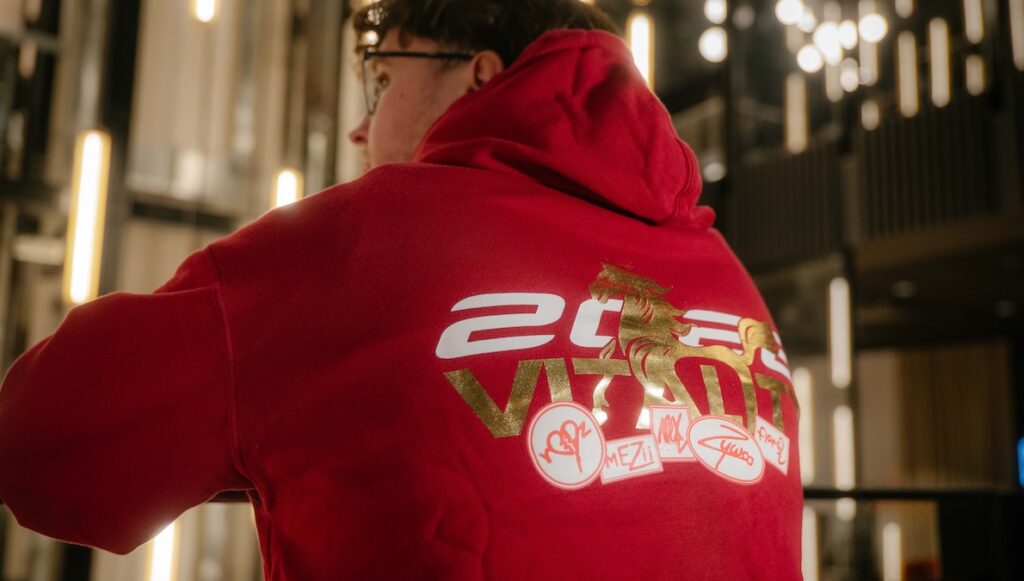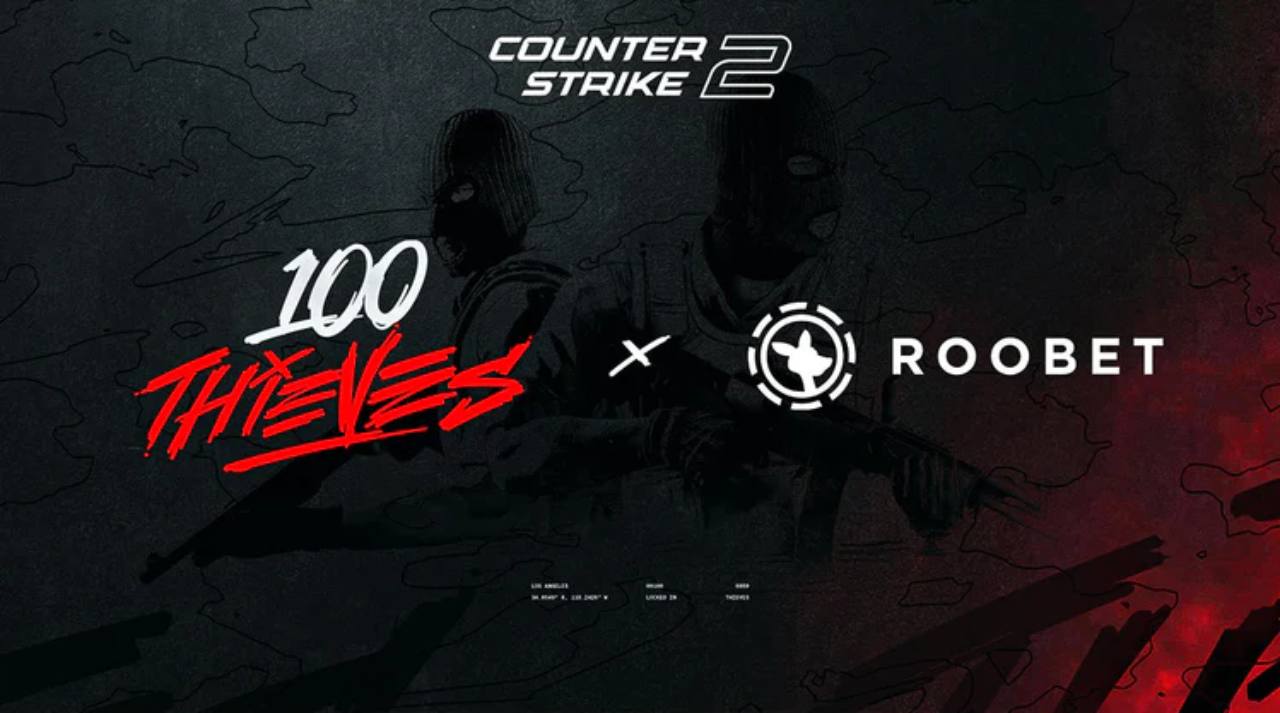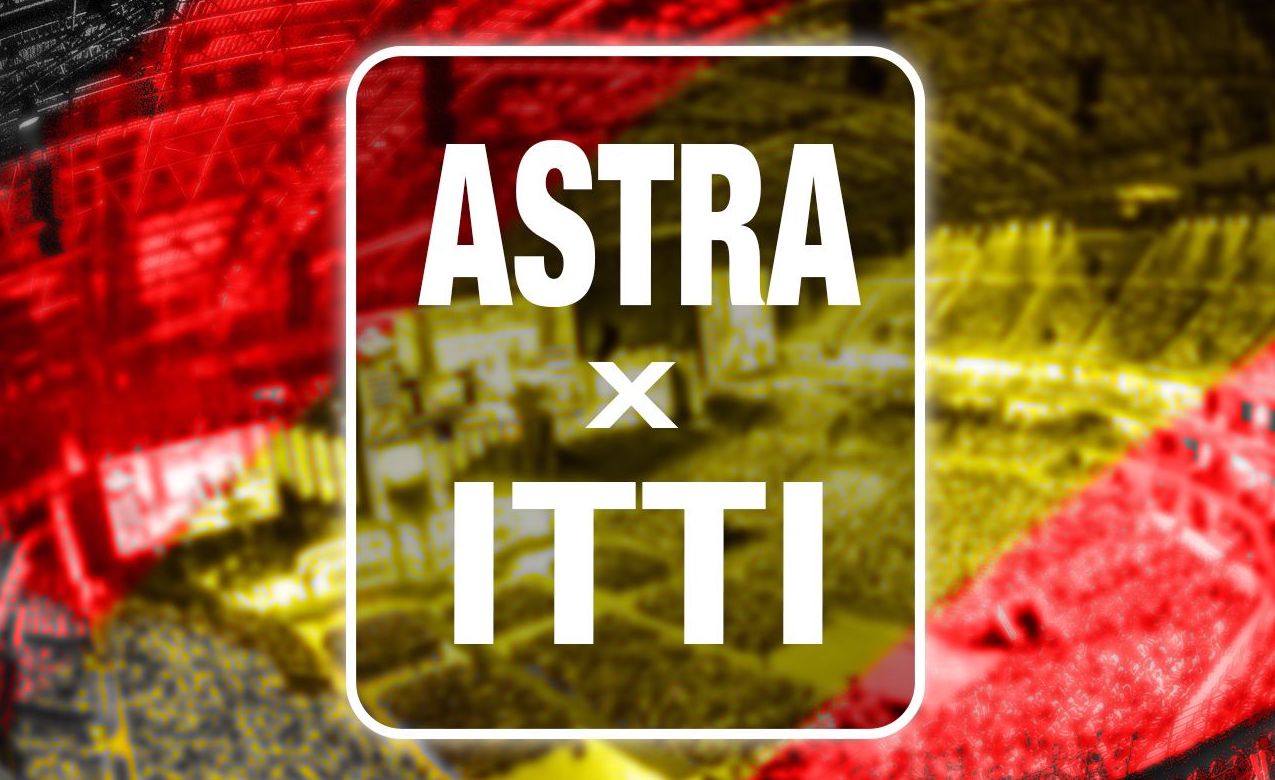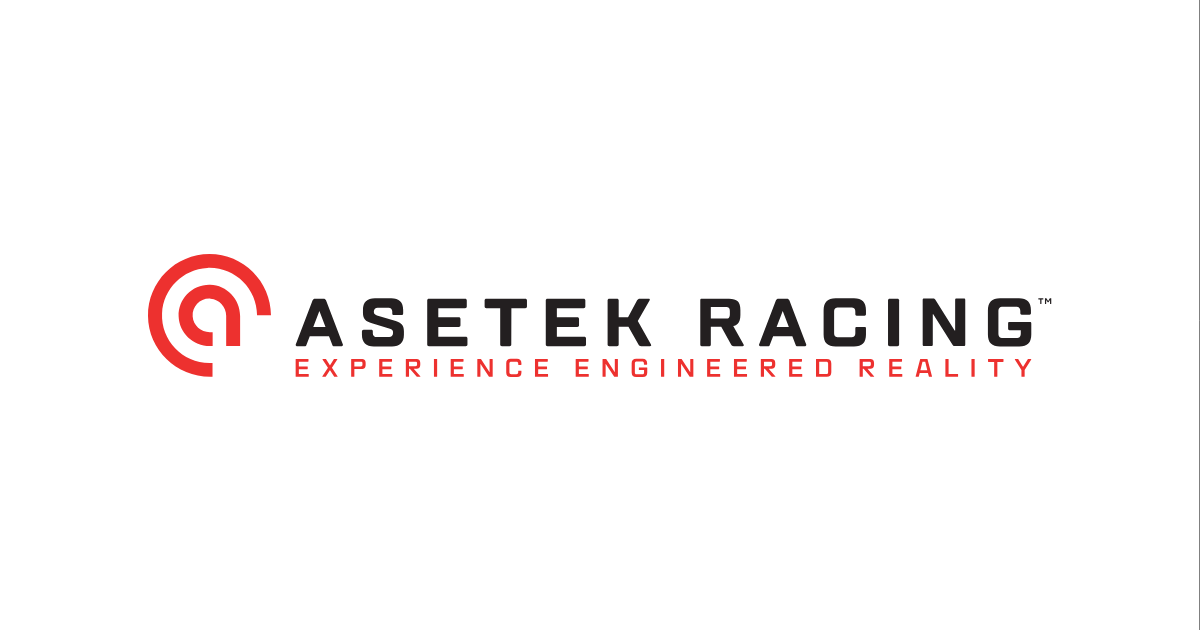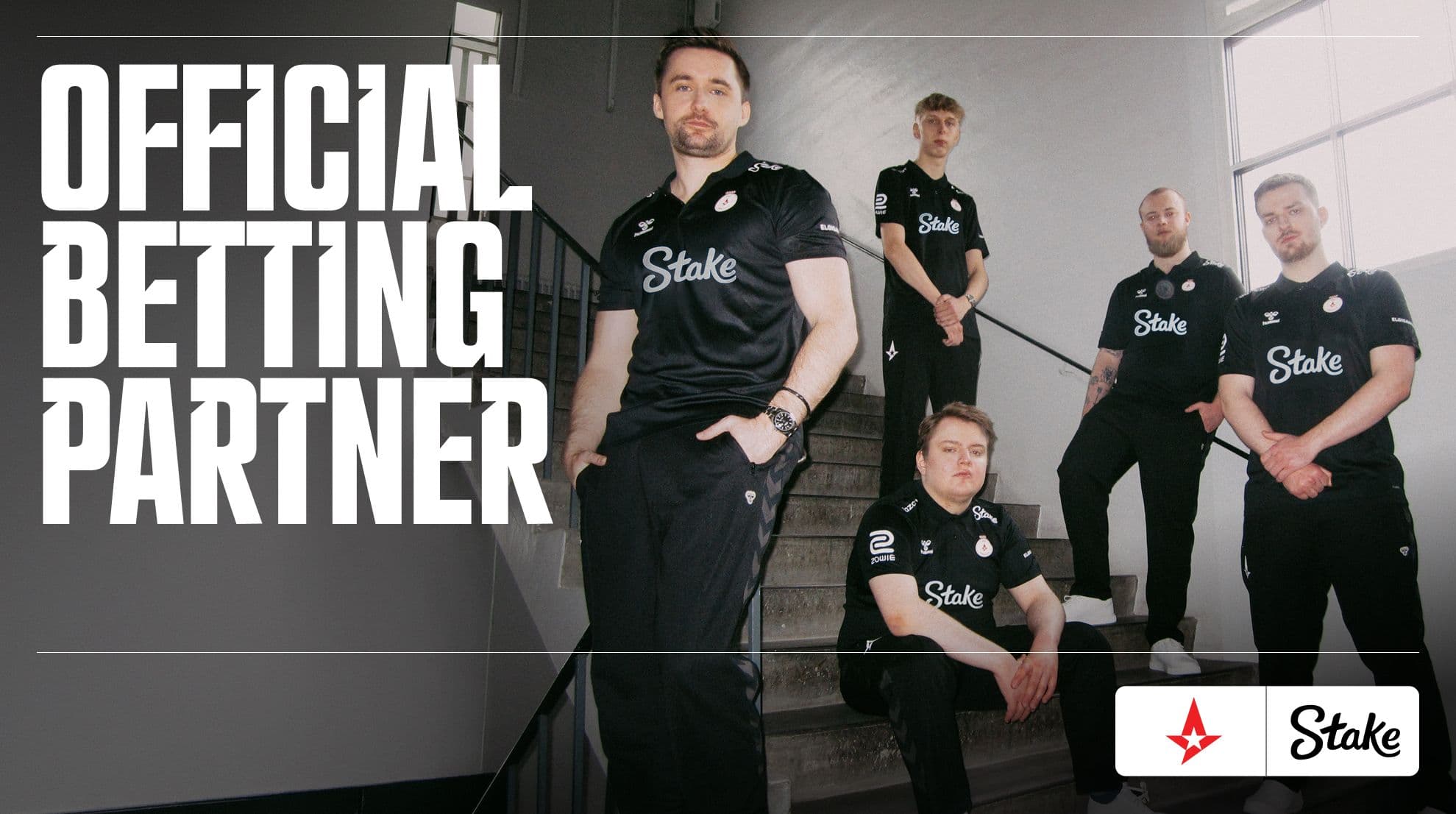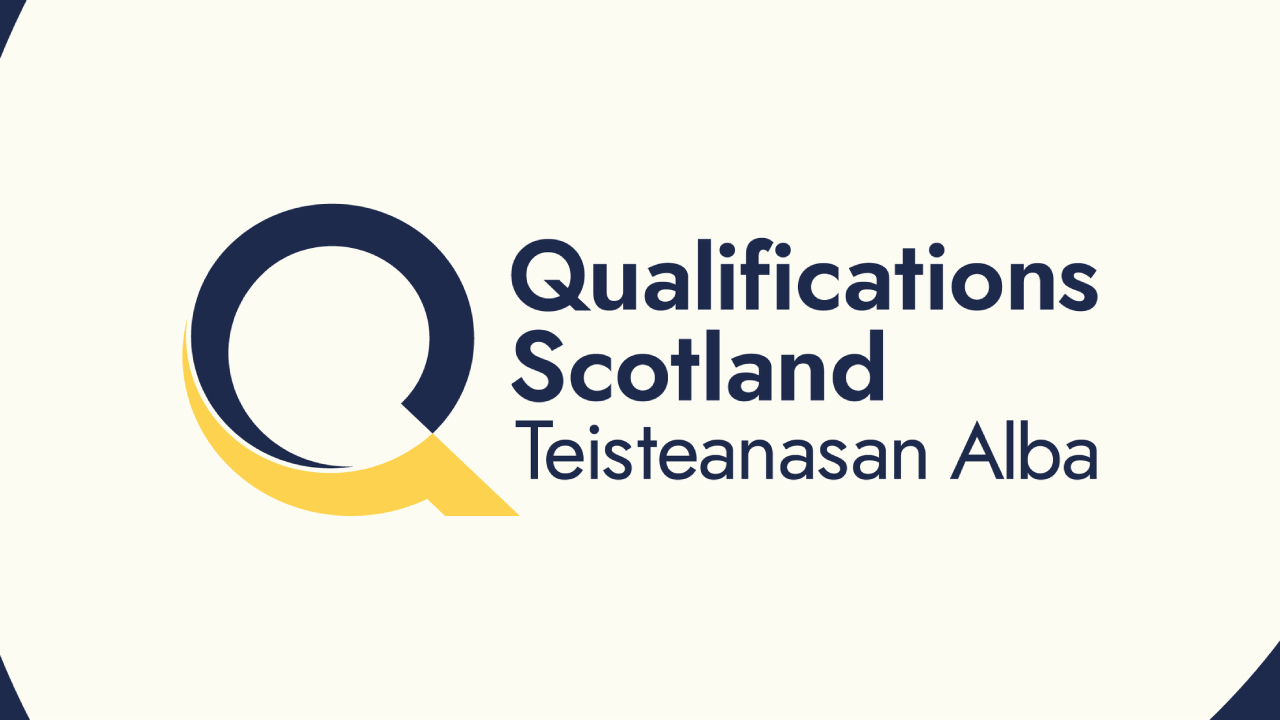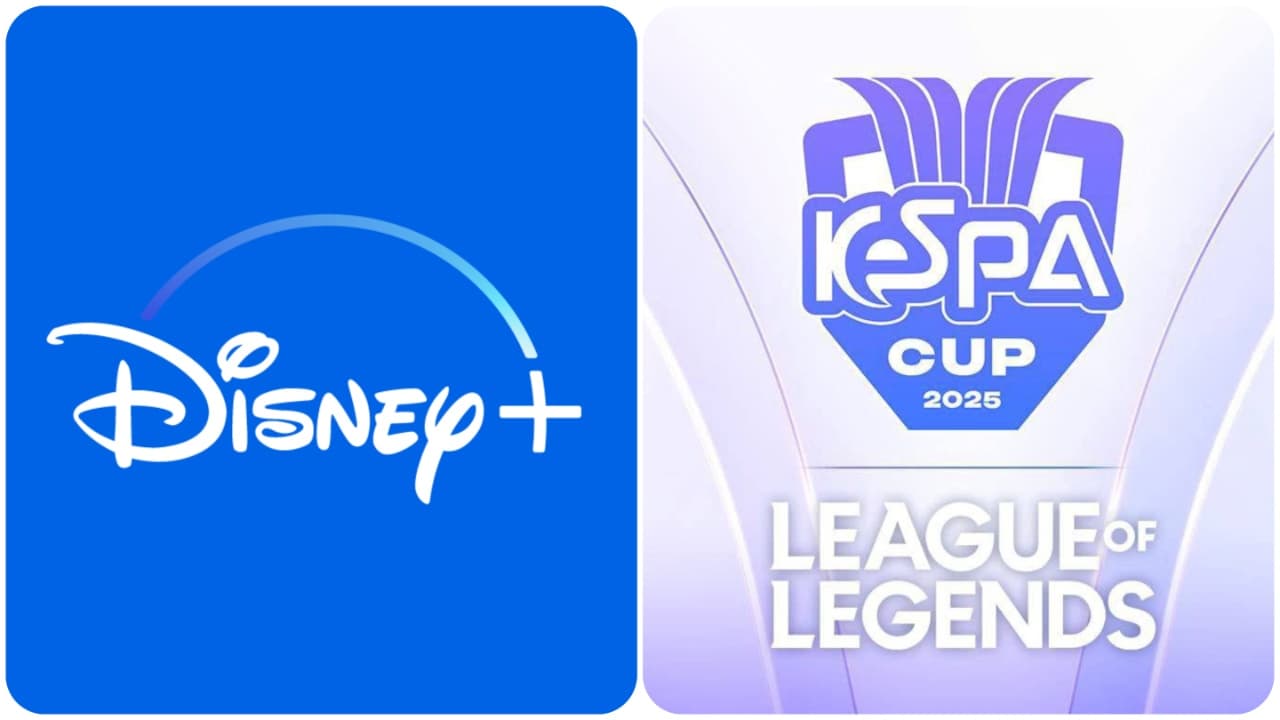In an interview with The Esports Radar, Paul Capoccia, Founder of The Brain Trust studio, provided detailed insights into the development and business considerations behind their upcoming debut simulation game on PC, ‘Esports Team Manager‘. The game, which has a demo released on 13th October 2025 on Steam, positions itself as a realistic management simulation focused on the MOBA esports ecosystem.

The in-game competition revolves around a fictional MOBA titled ‘Aurebella’—developed to create a unique IP—its mechanics, team structures, and overall environment are directly inspired by real-world titles, primarily League of Legends. This approach allows for creative freedom while seeking to authentically replicate the management experience within that specific genre, from drafting strategies to handling player contracts and sponsorships.
Capoccia has been involved in esports for roughly a decade, from organising his alma mater’s collegiate esports programme to becoming a solo developer. The Brain Trust project is entirely bootstrapped, funded from his personal savings, with an initial $10,000 grant from a local business programme in Lackawanna County, Pennsylvania.
“We never sought outside funding either,” Capoccia stated. “For us, it was really important that we maintain autonomy and creative freedom.”
Also read: Nathan Edmonds appointed Co-Founder & CMO of The Brain Trust ahead of esports sim title
A key feature for ‘Esports Team Manager’ is its partnership with real esports organisations. The game will count with at least 20 real teams, all from the tier-two League of Legends ecosystem, with representatives from the EMEA Regional Leagues (ERLs), like ZeroZone Gaming and ABSOLVED GG, from the North American Challengers League (NACL), like Vancouver Impact, and even from Brazilian and Japanese leagues with Stellae Gaming and Yang Yang Gaming respectively.
Capoccia emphasised that this direct partnership was crucial for authenticity, contrasting it with the approach of other similar titles. “We’ve actually gotten formal complaints from professional teams telling us to remove their logos from our game,” he revealed, “when it wasn’t even our game.”
According to Capoccia, to ensure an ethical and commercially sustainable approach, The Brain Trust insisted on working directly with organisations. “It was really important not even just from a legal side but also we want to grow the esports ecosystem. We partnered directly with teams in a way that they benefit from being in the game,” he said.
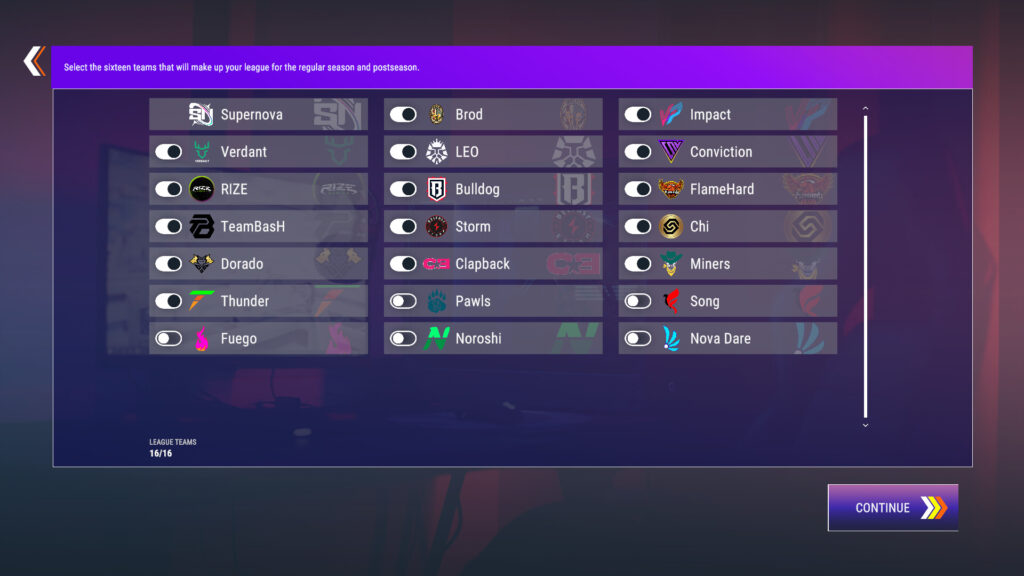
This partnership extends to a revenue-sharing model, which Capoccia confirmed operates similarly to ‘Fortnite‘s creator code’ system. Rather than paying teams directly for their rights, the model is affiliate-based. Each partnered team will have its own unique code, and for a set number of purchases made using that code, the organisation will receive a direct financial cut, the exact percentage of which remains undisclosed.
Capoccia emphasised that this ethos of shared success is fundamental to the project, noting, “We would not let a team be in the game without that option. Too many people have taken advantage of esports teams. We’re not going to be the ones to get a free ride.”
From a gameplay perspective, the title incorporates several revenue streams for the virtual organisation a player manages, including sponsorships, ticket sales, merchandise, broadcast revenue, and prize money. However, Capoccia described the financial model as “ideal realism,” projecting a matured, stable esports economy rather than mirroring the current, often volatile, climate.
“I think things are gonna get worse before they get better in real life,” Capoccia commented on the real-world industry. “I think the esports ecosystem is starting to find footing in people that want to plant roots.”
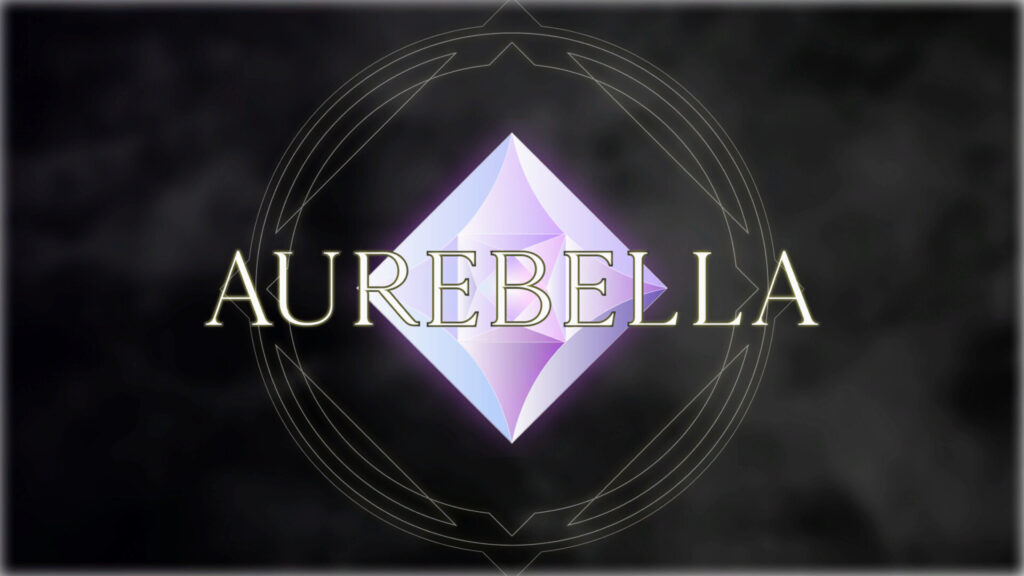
All sponsors within the game are fictional, including fake crypto and betting companies, though Capoccia expressed caution about featuring real betting sponsors. “We know we have kids playing our game,” he noted. The game will also feature a media interaction system, with real journalists such as Esports News UK founder Dom Sacco appearing in the game.
Regarding expectations, Capoccia acknowledges a degree of scepticism in the community. “I think a lot of people are just… still kind of rolling their eyes,” he said. However, he believes the public demo will be a turning point: “I think when the demo comes out, they’re going to be like, ‘oh, this is sick’.”
The game will announce its full release date on 20th October. It will cost $20 USD, but will be on sale for $16 USD throughout its release window and the subsequent Steam Winter Sale. Capoccia confirmed the studio has no plans to introduce microtransactions or gatekeep playable content.



